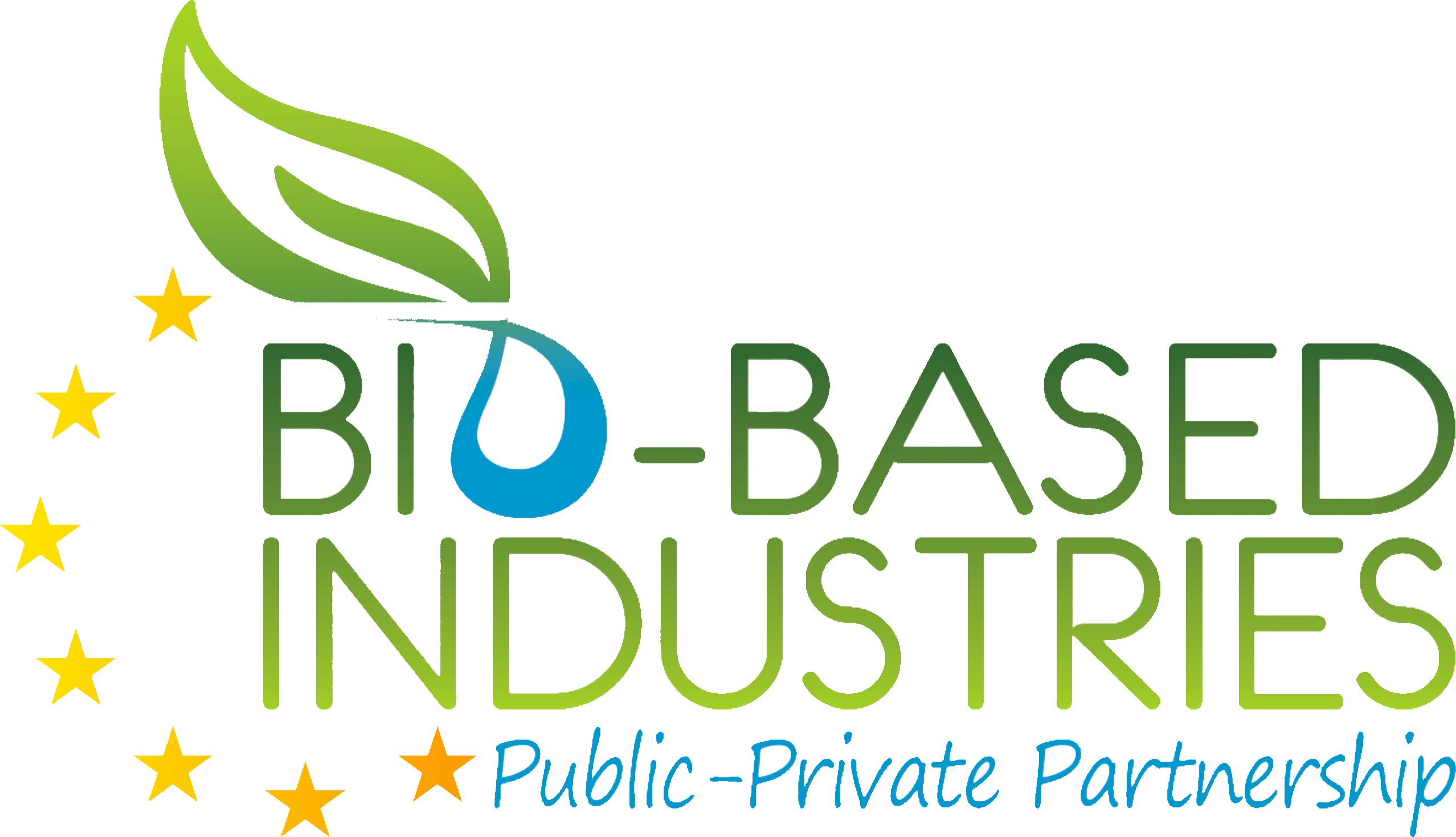The SYLFEED project brings together key industry and research players to assemble the new “wood to food” value chain: Arbiom (through its affiliate Biométhodes), Laxa, Matis, Norske Skog Golbey, Ostfoldforskning, Prayon, RISE Processum and Skretting (through the R&D unit, Skretting Aquaculture Center)
Arbiom announced the launch of the SYLFEED project today which will demonstrate a new integrated « wood to food » value chain, providing both a sustainable solution to the global challenge of feed production and new economic development opportunities for biomass rich regions. Using Arbiom’s biomass fractionation technology, poorly valorized local hardwood material will be converted into sustainable, protein rich material to be used in aquaculture feed. The €10.9M EU in funding from the European union BBI-JU will support the building of a demonstration plant that will be co-located with Norske Skog Golbey’s pulp and paper site in the east of France.
As the European protein deficit is growing and presenting an increasing challenge (Europe is more than 70% dependent on imports for its animal feed proteins requirements), the SYLFEED project will demonstrate a novel “wood to food” solution to this challenge. The project will effectively convert non-food biomass into feed ingredients by growing protein rich microorganisms on pre-processed woody biomass. Already demonstrated by the SYLFEED partners at pilot scale, the SYLFEED project will allow for the improvement of the overall process and its operation in a 5kt/year capacity demonstration plant. Following a thorough evaluation, the SYLFEED project was selected by the Bio-Based Industries Joint Undertaking (BBI-JU) to receive 10.9M€ support, 8.5M€ of which being awarded to ARBIOM. The SYLFEED project brings together partners from five countries covering all of the key steps of the value chain:
- Biomass sourcing and industrial scale processing by Norske Skog Golbey, one of the leading newsprint producers in Europe
- Biomass fractionation and conversion into microbial proteins by ARBIOM (formerly Biométhodes)
- Phosphoric acid processing and industrial scale-up by Prayon, a global leader in phosphoric acid
- Advanced expertise in microbial proteins production by the Swedish research center Processum
- Fish feed formulation and trials by Iceland research institute Matis
- Cradle-to-cradle lifecycle analysis by Norwegian firm, Østfoldforskning
- Final validation of the product by aquaculture companies, Laxa and Skretting (through the R&D unit, Skretting Aquaculture Center), global leaders in fish feed production
The SYLFEED project builds on years of development and collaboration between the partners, notably between ARBIOM and Norske Skog Golbey as part of BIOSKOG, an 18-month pre-study that received the support of the Region Grand Est and the European Regional Development Fund.
“The SYLFEED project puts a new spin on the bio-economy: ligno-cellulose is not only a sustainable solution for the chemicals and fuels industries, but now also present us with a scalable and sustainable solution to the world’s growing food sourcing problems in general and Europe’s protein deficit in particular,” said Marc Chevrel, CEO of Arbiom/Biométhodes.
“The demonstration plant and complete coverage of the value chain will allow us to prove the viability of our approach at commercial scale.”
“The SYLFEED project continues the collaboration between Norske Skog Golbey and Arbiom. It utilizes woody biomass from forests in new markets and is the last step before the construction of a commercial plant at the Golbey site.”, said Yves Bailly, CEO of Norske Skog Golbey.
Yves Caprara, CEO of Prayon, added: “The SYLFEED project fits perfectly in the innovation strategy of Prayon. As a worldwide leader in phosphate R&D we are always aiming at developing new market and new applications for the future of the phosphate industry. We believe in the success of SYLFEED and we are delighted to partner with key players in their own field of expertise.”
SYLFEED project has received funding from the Bio Based Industries Joint Undertaking under the European Union’s Horizon 2020 research and innovation program under grant agreement No 745591
Link to the press release





